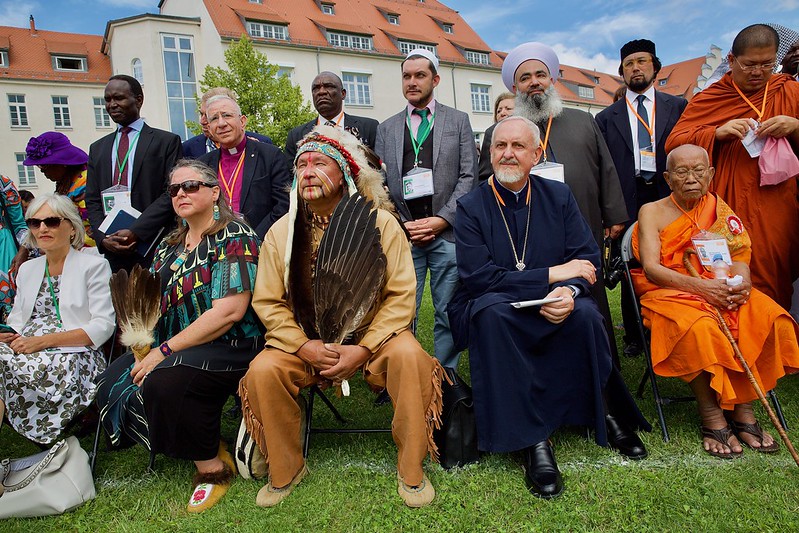Interfaith Dialogue Architect of Common Good
June 18, 2025From Thursday, June 19, to Saturday, June 21, the Italian Parliament will host the Second Parliamentary Conference on Interreligious Dialogue, titled “Strengthening trust and embracing hope for our common future.“

This event is organized by the Italian Parliament in collaboration with the Inter-Parliamentary Union (IPU) and Religions for Peace International. It builds on the success of the first Parliamentary Conference on Interfaith Dialogue, “Working together for our common future,” which was held in June 2023 in Marrakesh, Morocco. That conference concluded with the Marrakesh Communiqué, where parliamentarians affirmed that interfaith dialogue, “grounded in support of fundamental rights and freedoms, is an essential tool for promoting inclusivity and peaceful coexistence, upholding the rule of law and encouraging collective efforts to achieve a better society.”
The Rome Conference will gather speakers and members of parliaments, along with representatives from various religions, governments, UN bodies, international organizations, faith-based and civil society organizations, and academia.
Across several thematic sessions, participants will develop key recommendations from the Marrakesh Communiqué and other IPU declarations; identify forward-looking joint action points to foster peace, inclusion; the rule of law, and human rights for all, in the spirit of the Jubilee Year. They will also engage in a debate on combating hatred based on religion or belief.
Opening remarks will be delivered by Lorenzo Fontana, President of the Chamber, Ignazio La Russa, President of the Senate, Tulia Ackson, President of the Inter-Parliamentary Union, Archbishop Rino Fisichella, Pro-Prefect of the Dicastery for Evangelization, and Dr. Francis Kuria, Secretary General of Religions for Peace.
The conference will conclude on Saturday, June 21, with a private audience with Pope Leo XIV in the Vatican. The entire event will be broadcast live on the Italian Parliament’s web TV and satellite channel.
Dr. Francis Kuria, Secretary General of Religions for Peace, emphasizes that the event “calls for a shift from consultation to co-creation, from working in parallel to true partnership, and from transactional relationships to transformational solidarity. We must recognise and support religious and faith leaders – not only as advocates – but as architects and implementers of the common good. We must trust each other and work together.”